'We’re not talking about endless photos of your dinner, a running commentary about your gym sessions or the oversharing of how good or bad your latest relationship is going. Here we discuss things that REALLY shouldn’t be on social media or risk serious privacy ramifications.'
Useful Resources for Adults who work with Young People
More and more teenagers and young people are getting involved in cyber crime. Many do it for fun without realising the consequences of their actions – but the penalties can be severe.
Cyber crime isn’t a victimless crime. The National Crime Agency and police take cyber crime extremely seriously and will make every effort to identify and prosecute offenders.
These free materials are designed to empower pupils and students to think critically, behave safely, and participate responsibly in our digital world. Find the lessons that are just right for your classroom.
These are Katy Pott's and Penny Paterson's presentation slides from the Radicalisation & Extremism Event that took place 23rd November.
This report examines children’s media literacy. It provides detailed evidence on media use, attitudes and understanding among children and young people aged 5-15, as well as
detailed information about the media access and use of young children aged 3-4.
The report also includes findings relating to parents’ views about their children’s media use, and the ways that parents seek – or decide not – to monitor or limit use of different types of media.
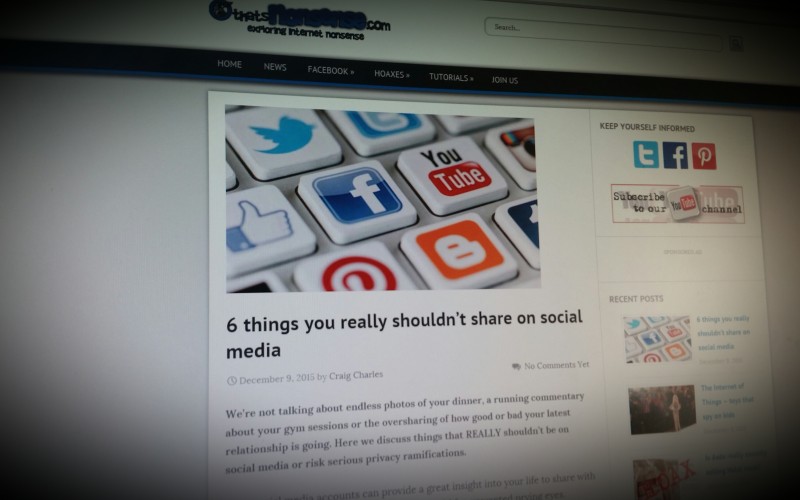
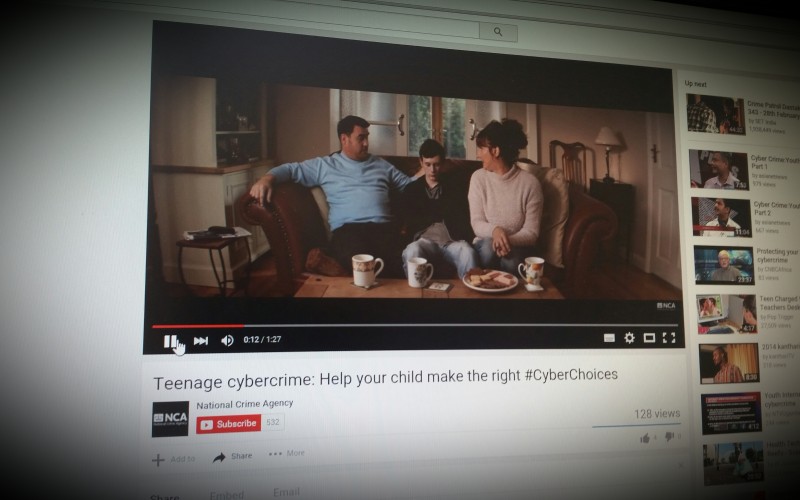
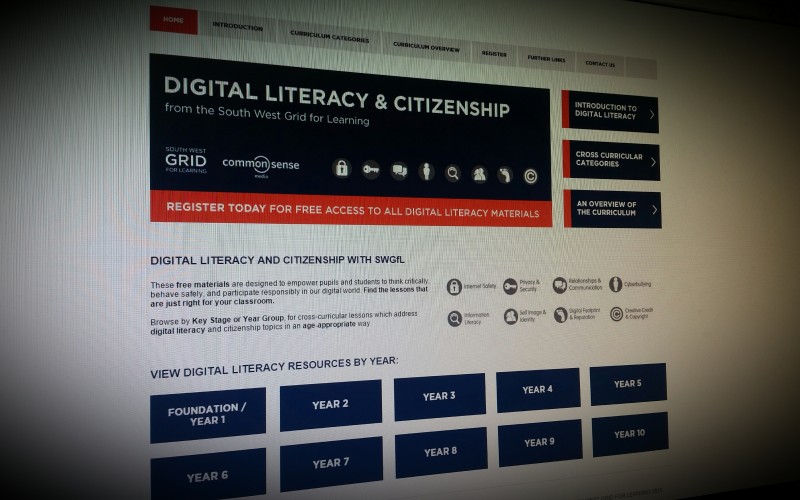
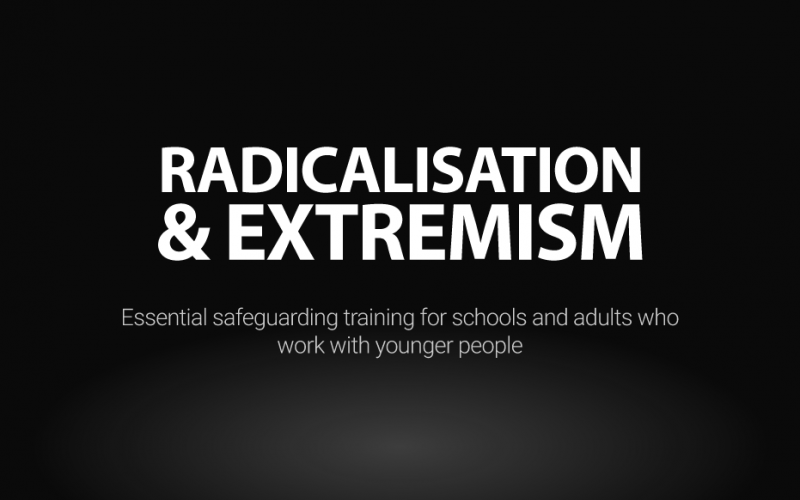
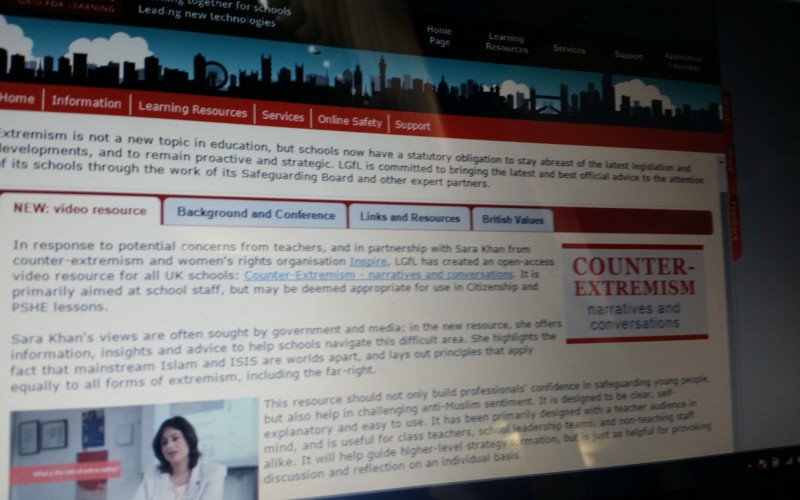
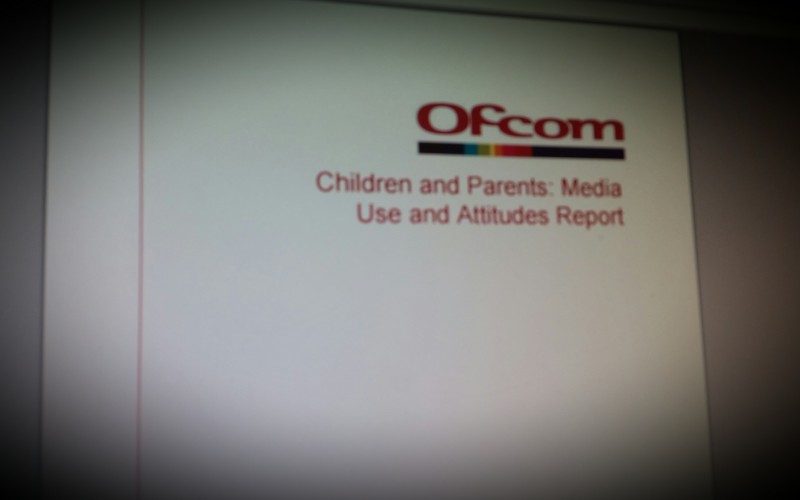
Comments
make a comment